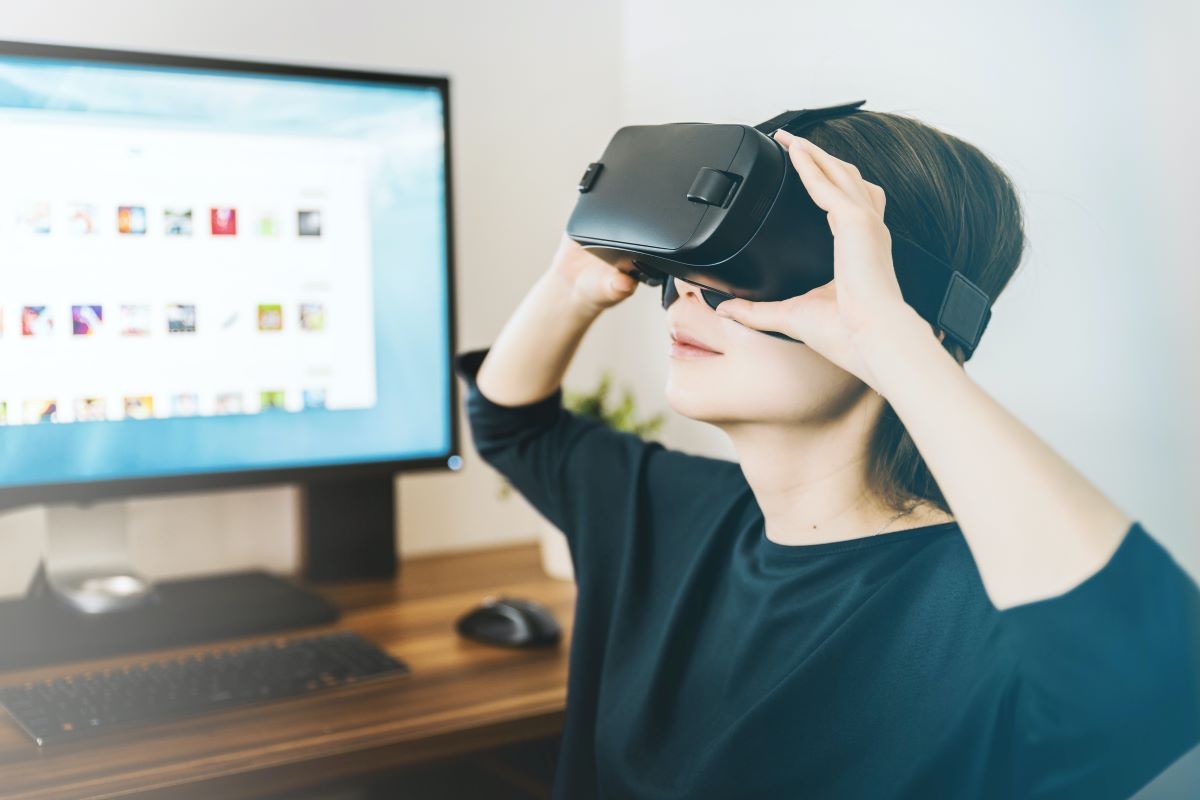
A groundbreaking study reveals that a self-guided virtual reality application could help people manage social anxiety without requiring direct therapist involvement. The research, published in the Journal of Psychiatric Research, tested the oVRcome mobile app combined with an affordable VR headset.
The six-week trial involved 126 adults diagnosed with moderate to severe social anxiety. Participants used the app independently, completing modules that merged VR scenarios with anxiety management techniques like breathing exercises and thought reframing.
Results showed that users experienced an average 35-point reduction in social anxiety scores compared to a control group that saw minimal improvement. These positive changes lasted through follow-up assessments at 12 and 18 weeks.
"This represents the largest VR study for social anxiety disorder to date," noted the research team from the University of Otago in New Zealand. The trial specifically addressed accessibility concerns by utilizing low-cost VR equipment without requiring therapist supervision.
The app proved both effective and safe, with only mild motion sickness reported in some cases. No participants withdrew due to side effects.
While traditional treatments like cognitive behavioral therapy can help with social anxiety, barriers like cost and limited access to trained professionals often prevent people from receiving care. Self-guided VR applications could provide a more accessible alternative.
The researchers plan to explore integrating such tools into clinical treatment pathways to potentially improve outcomes for individuals struggling with social anxiety.
The study does have limitations - all measures were self-reported, and participants came from a single country. However, the promising results suggest VR technology could play an important role in making mental health treatment more widely available.